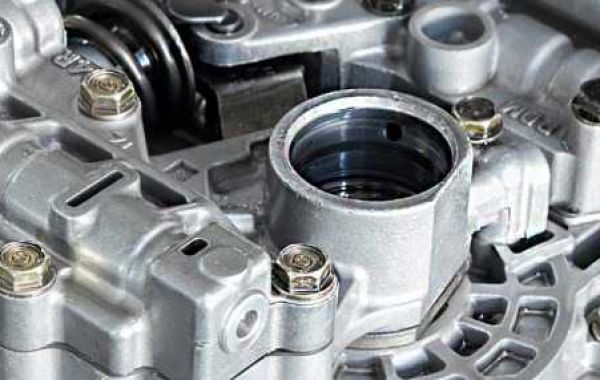There are several compelling reasons why people choose to use CNC machining over other manufacturing methods:
Precision and Accuracy:
CNC machines use computer-controlled precision to consistently produce parts with tight tolerances and high repeatability. This is critical for applications requiring high accuracy, such as aerospace, medical, and automotive industries.
Versatility and Design Freedom:
CNC machines can handle complex geometries and intricate designs with ease, allowing for the creation of innovative and functional components. This expands the range of design possibilities and allows for the production of customized parts that would not be possible using traditional methods.
Increased Speed and Efficiency:
Automation significantly reduces production time when compared to manual machining. CNC machines can operate continuously with minimal operator intervention, resulting in increased output and shorter turnaround times. This can be a significant advantage for businesses that rely on short product cycles or high volume production.
Reduced Labor Costs and Improved Safety:
Automation reduces the demand for skilled labor, potentially lowering production costs. One operator can manage multiple CNC machines at the same time, making it an economical solution for high-volume production. Furthermore, automation reduces the risk of operator injury from sharp tools and moving machinery, thereby increasing workplace safety.
Material Efficiency and Sustainability:
CNC software can optimize tool paths and reduce material waste. This reduces raw material consumption and promotes environmental sustainability, which aligns with increasingly important sustainability goals.
Repeatability and Scalability:
CNC programs are easily replicated and stored, ensuring that identical parts are produced consistently over time. This makes it ideal for large-scale production runs while ensuring consistent product quality. Furthermore, CNC machining easily increases production volume without sacrificing quality or efficiency.
Enhanced Design and Development:
CNC machining is seamlessly integrated with CAD/CAM software, allowing for rapid prototyping and design iteration. This streamlines the product development process, promotes innovation, and enables rapid testing and refinement of design concepts.
Overall Cost-Effectiveness:
While CNC machines have an initial cost, the long-term cost savings from increased efficiency, less waste, and higher quality frequently outweigh the initial investment. Furthermore, the versatility of CNC machining allows for the production of a wide range of parts using a single machine, eliminating the need for multiple specialized tools.
People prefer CNC machining because of its high precision, versatility, speed, and efficiency. CNC machining outperforms traditional methods in terms of cost-effectiveness, safety, sustainability, and design freedom, making it an important technology for a wide range of industries and applications.








